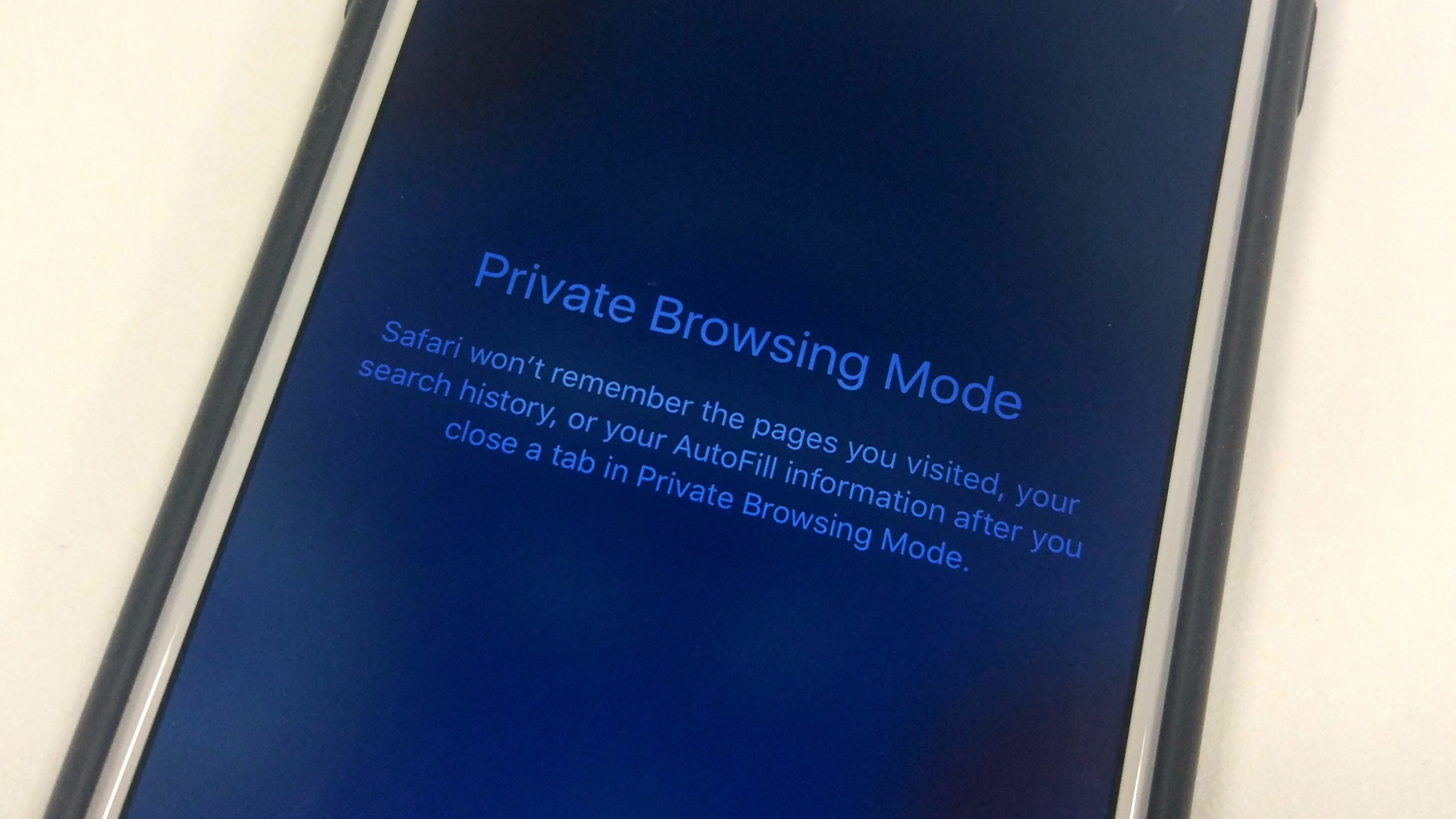
Tech & Sci
23:09, 16-Sep-2017
Apple refusal to remove Safari privacy feature upsets ad industry
By Fan Yixin

Apple has rejected advertisement industry’s request to remove the online tracking prevention feature of the new Safari web browser coming next week.
Six major ad agencies wrote an open letter to Apple on Thursday regarding Safari 11’s new “Intelligent Tracking Prevention” feature saying it will “sabotage the economic model for the internet.”
The feature will identify tools that track users, including cookies, and allows businesses to track users for only 24 hours after visiting their websites. The browser is set for a release on September 19.
“Ad tracking technology has become so pervasive that it is possible for ad tracking companies to recreate the majority of a person’s web browsing history. This information is collected without permission and is used for ad re-targeting, which is how ads follow people around the Internet,” Apple said in a statement.

Apple's web browser Safari has always had a Private Browing Mode. /CGTN Photo
Apple's web browser Safari has always had a Private Browing Mode. /CGTN Photo
Online tracking tools such as cookies have made it easier for web users with customized browsing experiences, but the concern over the lack of control, filtered information and stolen data has opened up the market for ad blocking tools.
According to a report conducted by UK software company Pagefair, the global number of desktop and mobile devices that block advertisements grew by 142 million year to year to reach 615 million devices as of December 2016.
Advertisers today rely on data collected by the tools to understand customers’ buying habits and tastes. The increasing usage of ad blocking tools has been putting ad agencies’ revenue under threat.
UK market research company Juniper Research found out these tools will cost publishers 27 billion US dollars by 2020.
"Apple's unilateral and heavy-handed approach is bad for consumer choice and bad for the ad-supported online content and services consumers love. Blocking cookies in this manner will drive a wedge between brands and their customers, and it will make advertising more generic and less timely and useful. Put simply, machine-driven cookie choices do not represent user choice; they represent browser-manufacturer choice," the agencies wrote in the letter.
To this, Apple responded that Intelligent tracking prevention "does not block ads or interfere with legitimate tracking on the sites that people actually click on and visit. Cookies for sites that you interact with function as designed, and ads placed by web publishers, will appear normally,"

SITEMAP
Copyright © 2018 CGTN. Beijing ICP prepared NO.16065310-3
Copyright © 2018 CGTN. Beijing ICP prepared NO.16065310-3